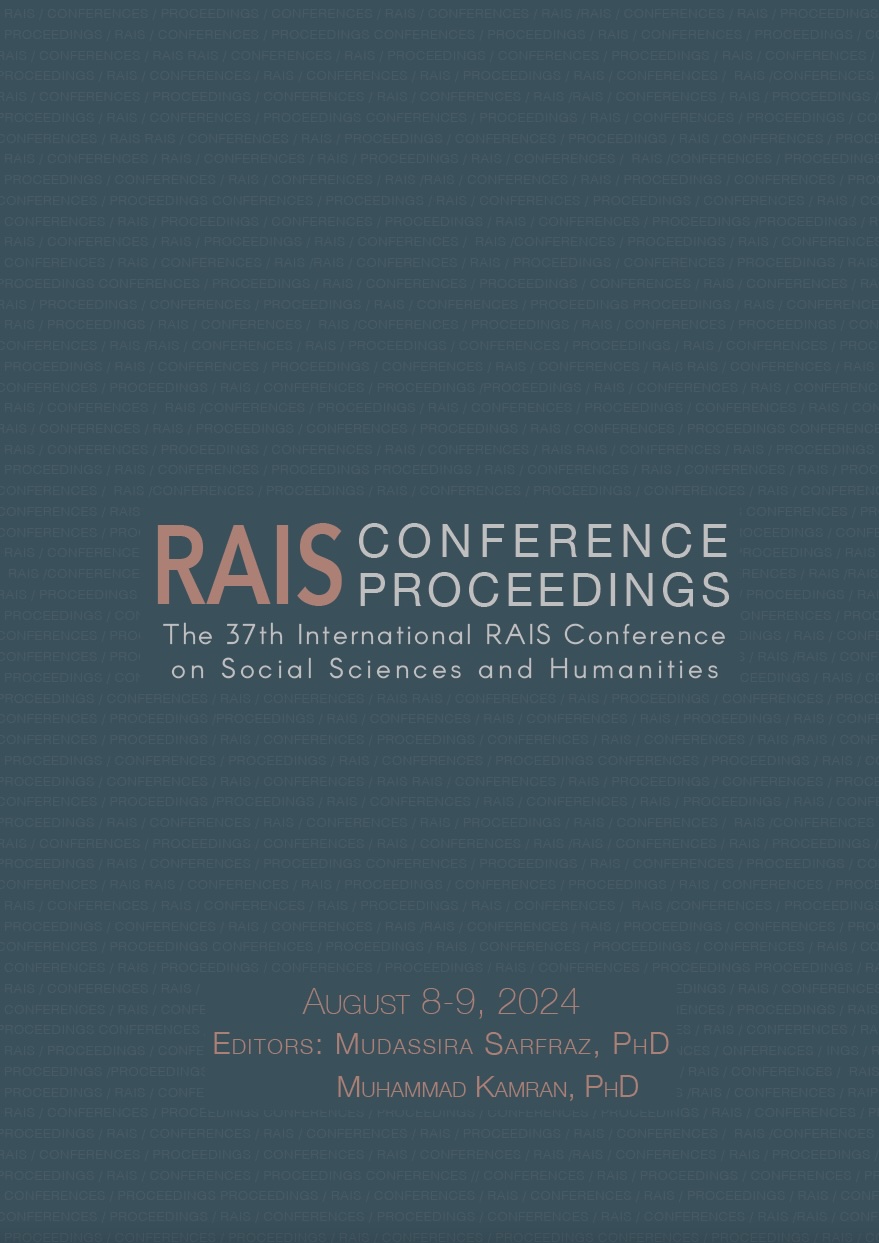Age-Dependent Discounting and the Role of Imagination
Age-Dependent Discounting and the Role of Imagination
Author(s): Julia M. Puaschunder
Subject(s): Business Economy / Management, Socio-Economic Research
Published by: Scientia Moralitas Research Institute
Keywords: behavioral economics; discounting; elder; future generations; hyperbolic discounting;
Summary/Abstract: Discounting is a hallmark in economic theory and practice. Discounting future value of options determines human behavior and market pricing. Behavioral economics adds information about human discounting peculiarities, such as the present bias and hyperbolic discounting. An ample account of discounting research finds people focus on the present more than on the past and the future. Hyperbolic discounting describes the discounting function as hyperbola around the present moment. This tendency to overvalue the current now has been found to hold for human beings with applications to many domains. For looking back at previous times, the present bias helps cope with loss and sorrow. For planning the future, the present bias and hyperbolic discounting though are often found to lead to suboptimal choices over time. This paper presents evidence that human discounting varies by age. Data is presented about time perception of time use over time, which shows a varying pattern for different age groups. The paper then brings forward the need for further research on age-dependent discounting and discusses the role of imagination and changing one’s time perspective throughout life. Elder people are assumed to live more in the past and thinking about future generations, hence a lower present bias is speculated to be present in elders.
Book: Proceedings of the 37th International RAIS Conference on Social Sciences and Humanities, vol. 1
- Page Range: 1-7
- Page Count: 8
- Publication Year: 2024
- Language: English
- Content File-PDF

